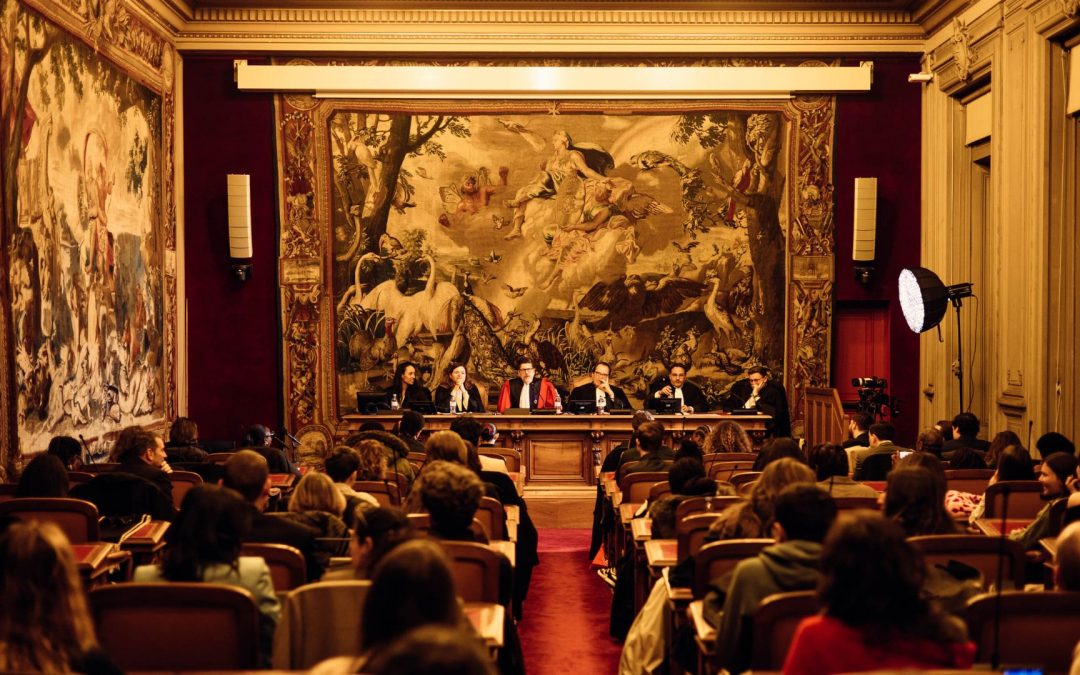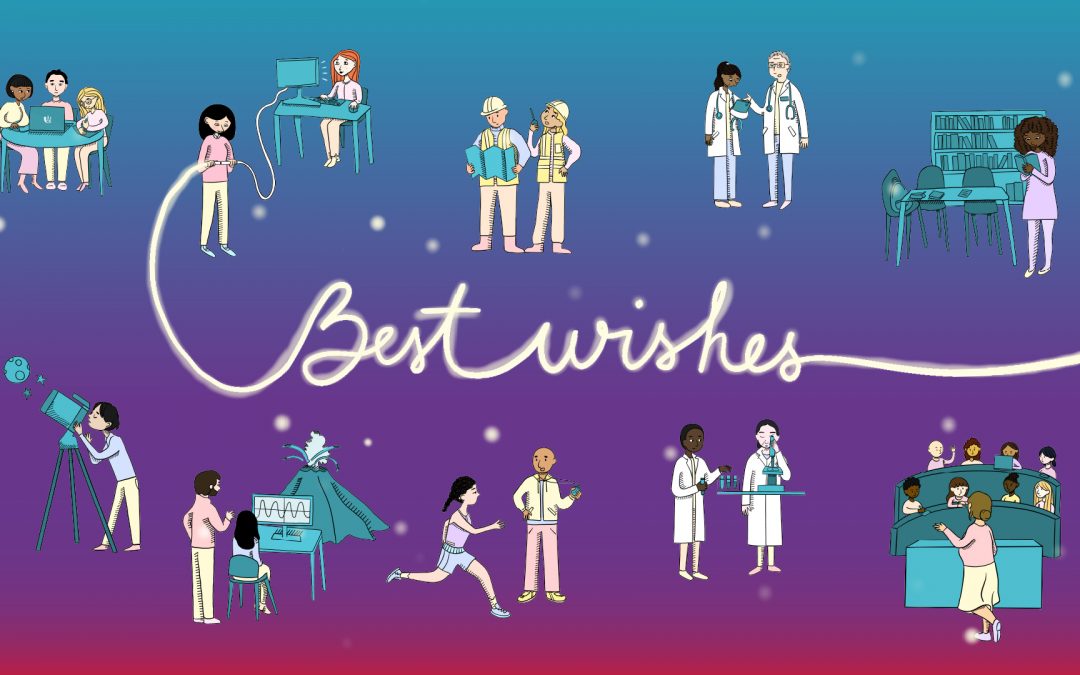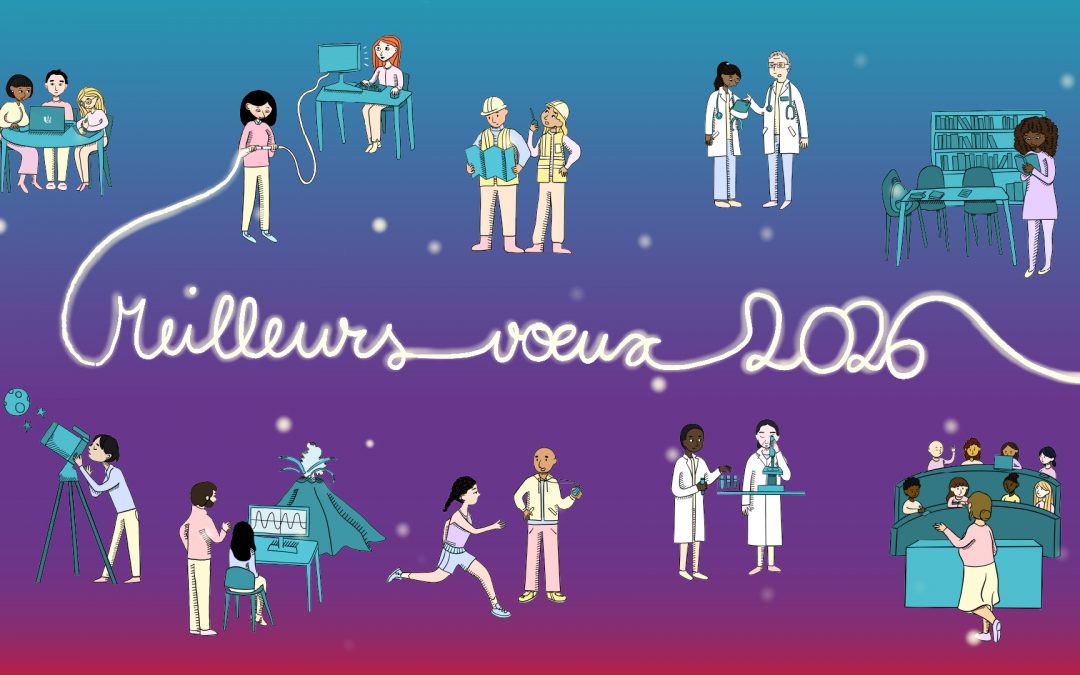Glossary

BL
Bi-licence. This is an undergraduate degree.
BU
University library
BUT
This an undergraduate degree awarded at a “Universitaire de Technologie” or an University Bachelor of Technology
CM
Lecture or “Cours Magistraux” held in amphitheatres.
CPGE
Preparatory class for “grandes écoles”. Grandes écoles are academic institutions with highly competitive admission requirements.
CVEC
Tuition fees or “Contribution de Vie Etudiante et de Campus”
DAEU
“Diplôme d’accès aux études universitaires” or access to university diploma
DE
Diplôme d’Etat or State diploma
DL
Dual undergraduate degree or “Double licence”
DN
National diploma
DU / DIU
University diploma / Diplôme inter-universitaire
ECTS
Acronym for « European Credits Transfer System ». Each semester student completes up to 30 ECTS. These are valid in, and can be transferred to other countries. 30 credits are required to validate a semester, and 60 credits are needed to validate an academic year.
ECUE
This acronym stands for “Eléments constitutifs d’Unités d’Enseignement”
FI
Initial training
FP / FC
Vocational training / Life long learning
FQ
“Formation qualifiante” or training leading to a qualification
IUT
This is an undergraduate degree awarded at a “Universitaire de Technologie” or an IUT, University Bachelor of Technology
LMD
Licence – Master – Doctorat. The Higher Education structure in France is based on the LMD system. LMD refers to the degree level and stands for “Licence-Masters-Doctorate”. In other words, “Bachelor’s-Master’s-Doctorate” degrees. These three levels are recognised by many countries in the European Union and around the world, facilitating international educational student mobility.
LP
Licence professionnelle
MOOC
Massive open online course
PAEH : Plan d’Accompagnement de l’Etudiant en situation de Handicap
Support Plan for Students with Disabilities
RNCP
The RNCP, i.e. the Répertoire National de la Certification Professionnelle, lists all the training courses and titles certified by the CNCP (Commission Nationale de la Certification Professionnelle)
TD / TP
Tutorials or “Travaux Dirigés” and “Travaux Pratiques”. These are compulsory classes for smaller groups of students. They complement the lectures, with the aim of applying and strengthening theoretical understanding. Internships or “stages” at companies may also be required in addition to the tutorials and practical work.
UE
Teaching units or « Unités d’Enseignement » correspond to modules grouped by subject matter. Each “UE” corresponds to a number of credits. Each semester corresponds to 30 credits.
UFR (Unité de Formation et de Recherche)
This acronym stands for the departments of the university, the structures in which the teaching and research of the laboratories attached to the university are organised. The UFRs are home to teacher-researchers, technical and administrative staff and of course students. They are grouped into 3 faculties: Health – Sciences – Humanities and Social Sciences.
VAE
This abbreviation refers to the “Validation of acquired experience”.
Read more

Concours Lysias Paris 2026 : dix ans d’éloquence à l’Université Paris Cité
Depuis dix ans, l’association Lysias Paris organise au sein de l’Université Paris Cité un concours d’éloquence et de plaidoirie ouvert à l’ensemble des étudiantes et étudiants, toutes disciplines confondues. Devenu au fil des éditions un rendez-vous incontournable de...

Happy New Year 2026
Université Paris Cité, its President, and the entire academic community extend you their best wishes for 2026!

L’Université Paris Cité vous adresse ses meilleurs vœux
L’Université Paris Cité, son Président et toute la communauté universitaire vous adressent leurs meilleurs pour vœux 2026 !Best wishes

CVEC Crous #Hiver2026 : financez vos initiatives pour enrichir la vie étudiante !
Vous avez une idée de projet pour améliorer la vie étudiante à Paris ? L’appel à projets CVEC (Contribution Vie Étudiante et de Campus) du CROUS de Paris est ouvert ! Associations étudiantes, agents, services, directions ou composantes d’UPCité peuvent, sous certaines...
